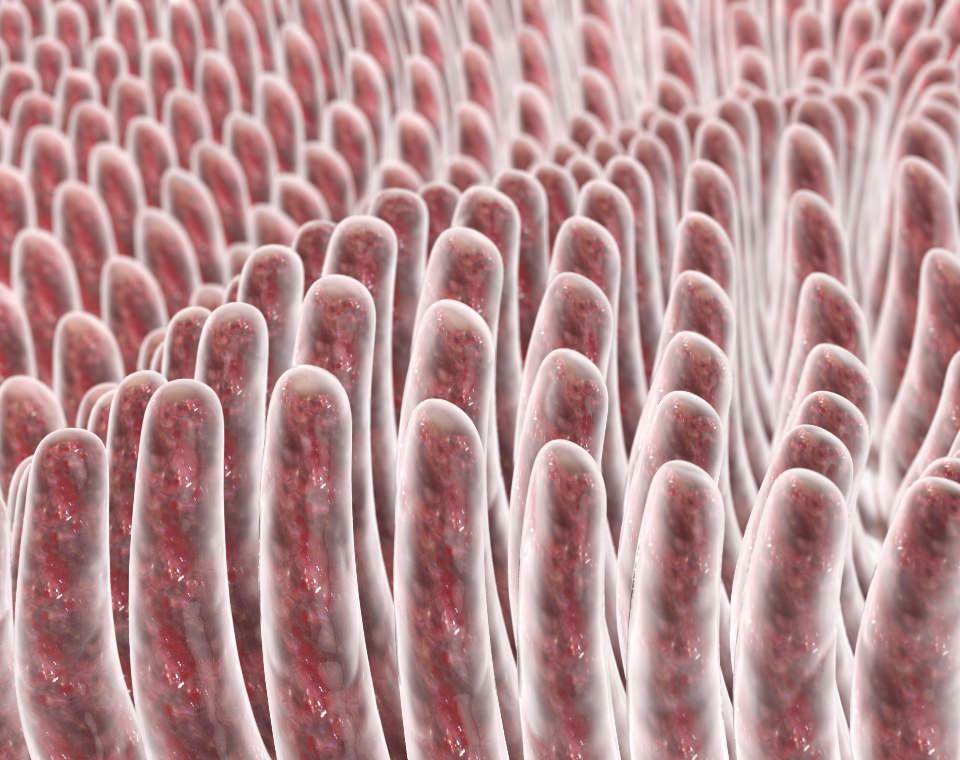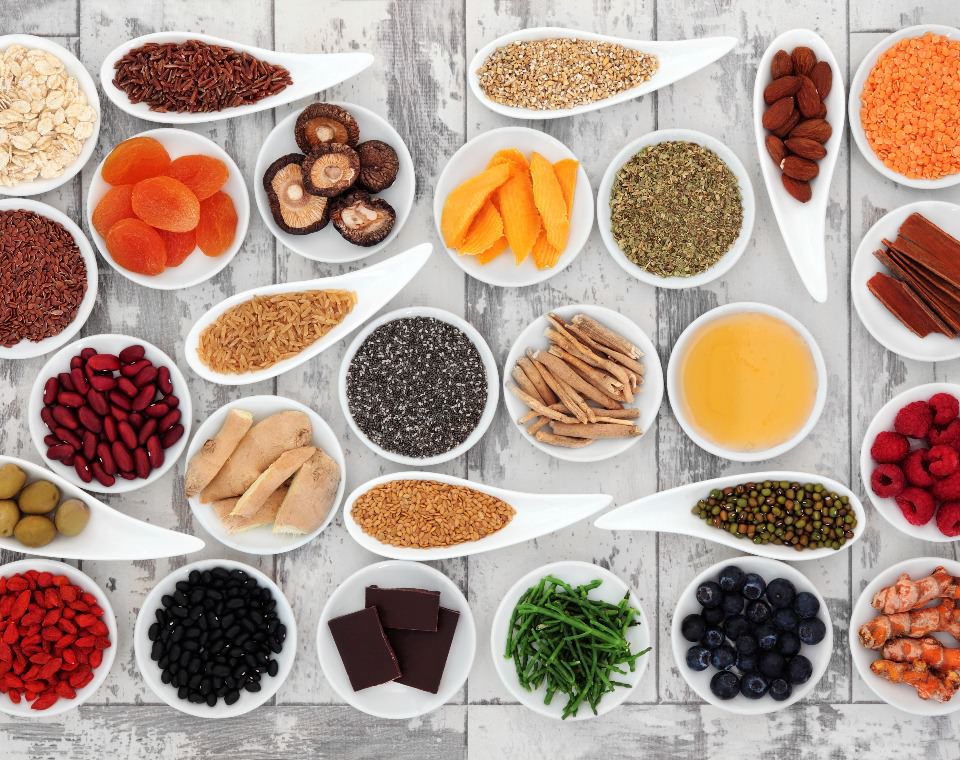

Lactose intolerance is the most common carbohydrate malabsorption
FODMAPs are naturally occurring sugars such as lactose, fructose, sorbitol, mannitol and sucrose found in milk and dairy products, fruits and vegetables, cereals and processed foods. These dietary sugars are poorly absorbed in the gut, and fermentation of the sugar by gut bacteria results in water retaining effect as well as gas production. In IBS sufferers this causes gut symptoms such as bloating, pain and diarrhoea. Restricting dietary intake of FODMAPS has been shown to relieve symptoms of IBS in up to 75% of patients.

Fructose and lactose breath testing are standard in all IBS sufferers and should be performed first. Testing for malabsorption of sucrose, sorbitol and mannitol should be considered in individuals with normal breath tests for fructose and lactose, or if symptoms fail to improve with restriction of fructose/ lactose intake. If you have a positive breath test result, our nutritionist can work with you to develop a low FODMAP diet to suit your requirements.


